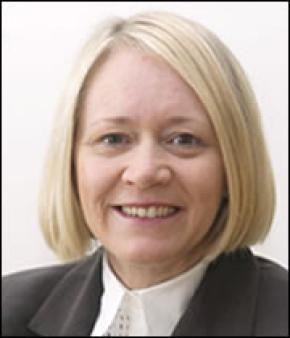
The center aims to improve justice services, speed up court processes and strengthen the court's relationship with the local community. It will be led by a single judge who will regularly engage the community in discussions about local crime issues and how offenders can pay back the community swiftly and visibly through community service. Typical sentences will involve a package of measures designed to make offenders pay back the community for their crimes and tackle the underlying problems that led to their offending, with support such as access to housing, drug treatment, employment and mental health services. In one example, an offender might be required to perform community service as well as attend a drug rehabilitation course and receive help to address debt problems. "Smart options, not soft options," as Justice Minister Cathy Jamieson put it, "the kind of approaches which I have already seen delivering real results for people in New York."
While some community courts only deal with cases once the accused has pled guilty, the Glasgow court will deal with as many local cases as possible whether the accused pleads guilty or not. Currently, local government leaders are working to identify suitable sites, consulting the community on the location as community involvement will be vital to its success.
"Crime in Scotland is falling," says Jamieson. "However, we also know that persistent offenders—even where small in number—can drag a whole community down. The community justice centre, through its unique problem-solving approach, will help us take a further step towards tackling that."

